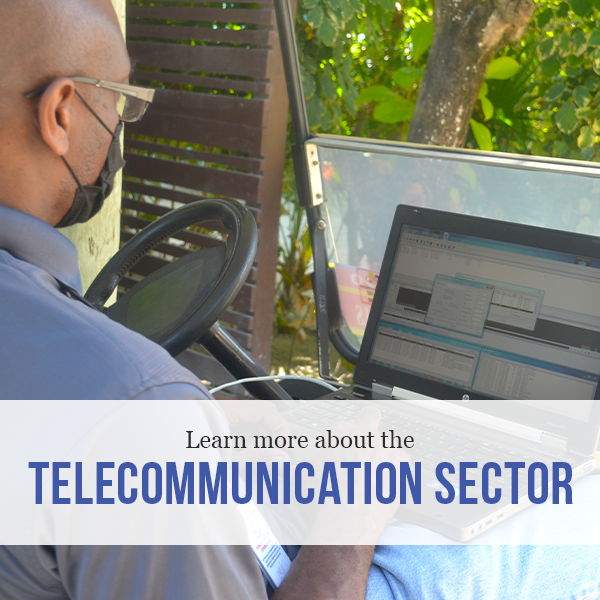What is Amateur Radio?
Amateur Radio is the most powerful communications service available to the private citizen anywhere on Earth – or even above it!
Amateur Radio is a recognized national asset, providing trained operators, technical specialist and emergency communications in time of need. It was created for people who have an interest in radio communications. Some hams (Amateur Radio Operators) prefer to focus on the technology and science of radio. Competitive events and award programs hold the interest of others. Some train to use radio in support of emergency relief efforts or to keep in touch with family. There are many hams who simply like to talk with other hams, too.
In order to keep businesses or municipalities from unfairly exploiting the amateur bands, amateurs are strictly forbidden from receiving compensation for their activities. That means you can talk with a co-worker about an assignment, for example. If you provide communications for a parade or charity event, you can’t accept a fee. This keeps radio amateurs free to explore and improve and train.
Amateur Radio Operators have created their own wireless data networks, position reporting systems, and even a radio-based e-mail network that enables the most solitary ham to “log in” from anywhere in the world. Voice communications hop between Internet and radio links to connect hams on the opposite sides of the globe using only handheld transmitters less powerful than a flashlight!
There are many Amateur Radio satellites whirling through orbit, connecting hams on the ground by voice, Morse code, and data signals.
When disaster strikes, you will find hams responding quickly and capably in support of public safety agencies and relief organizations such as the Red Cross. Amateur Radio is an important part of many disaster relief efforts. Between emergencies, hams turn out to provide communications for other public occasions.
Amateur Radio has grown to become a worldwide communications service with millions of licenses.






